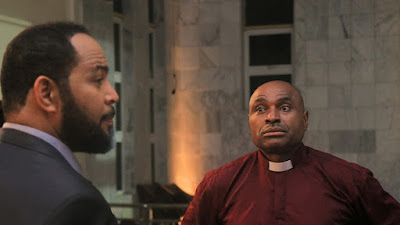The recent funeral of the late Aku Uka of Wukari, the traditional ruler of the ancient Jukun empire, one of the oldest in the Nigerian territorial areas in Nigeria. Thanks to social media and the democratization of audiovisual and photographic technology, many of us got to watch it unfold in real-time or real-time videos of it.
Already, instead of celebrating this beautifully passionate display of an ancient, traditional African funerary practice and its self-affirming and proud survival in the face of colonial and postcolonial pressures, I see derisive and dismissive contempt for the rites from the usual suspects.
The sight of thousands of men, women, boys, and children dressed in the traditional, hand-woven Jukun tie-dyed loincloth and adoringly marching, singing, and ululating to send their beloved king to the other side is remarkable.
But not everyone is impressed. The Pentecostal crowd is out in full force, condemning what it sees as demonic, cultic funeral rituals of the late king’s transition to the land of the ancestors. The problem I have with my Pentecostal brethren is that they sometimes have a hard time accepting a world where people of other religions can find their path to God or spiritual happiness. And they insist on applying the logic and exegetical rules of their faith to other religions and belief systems.









